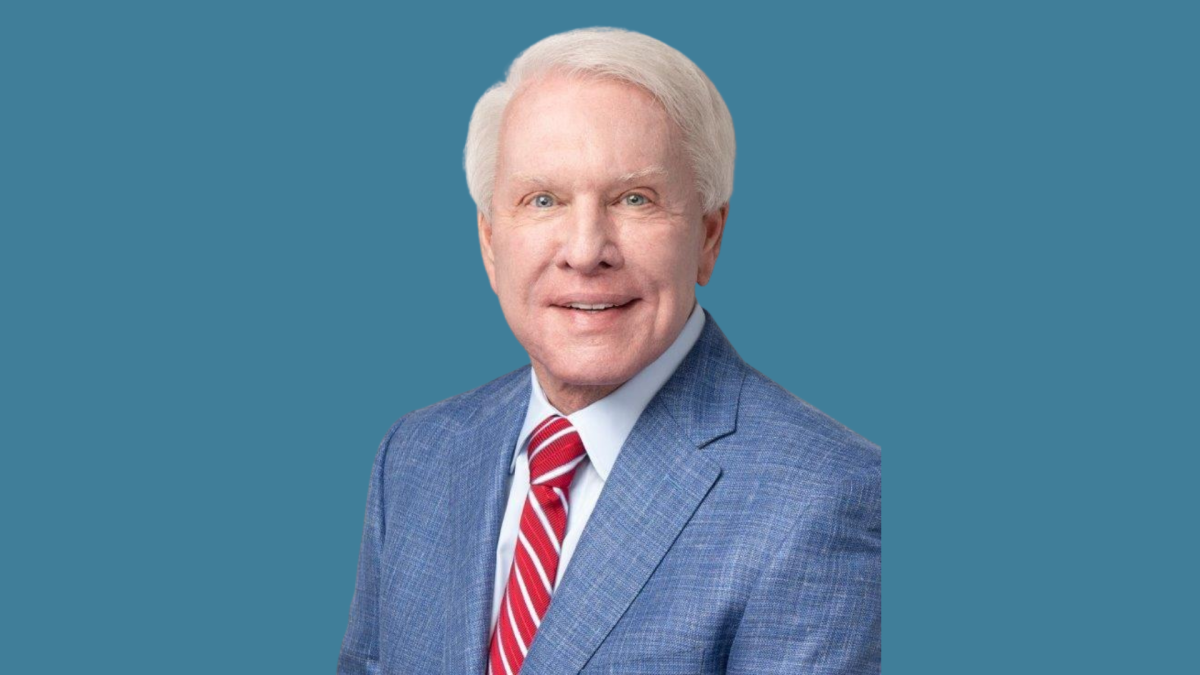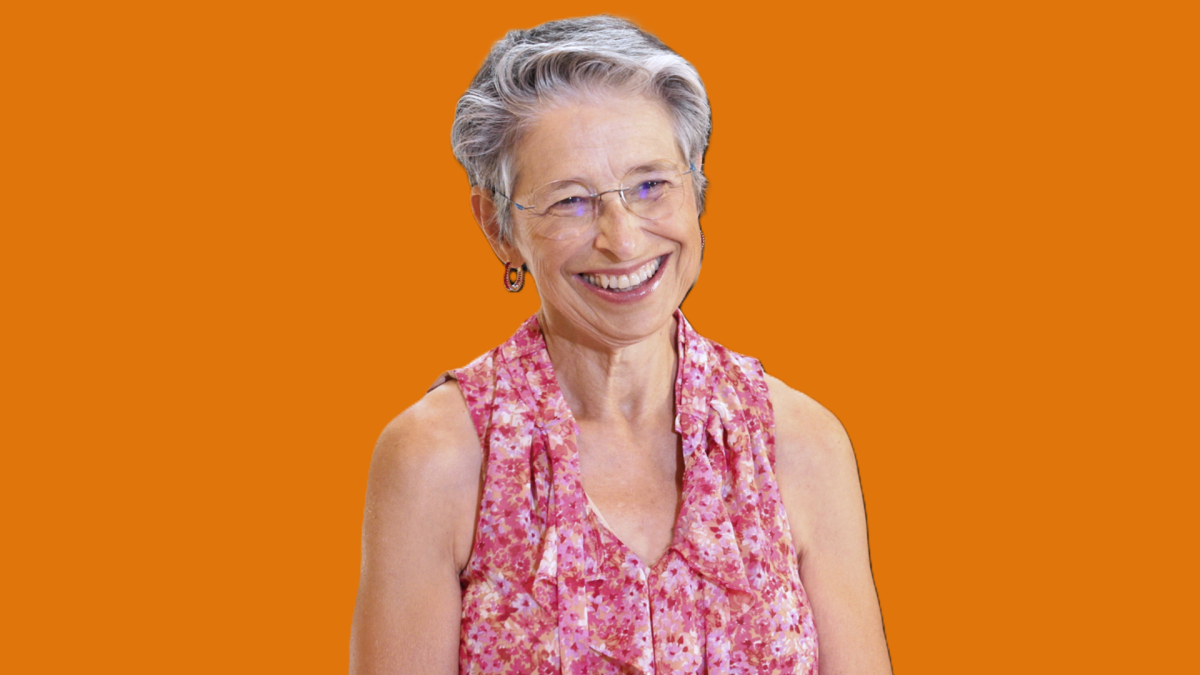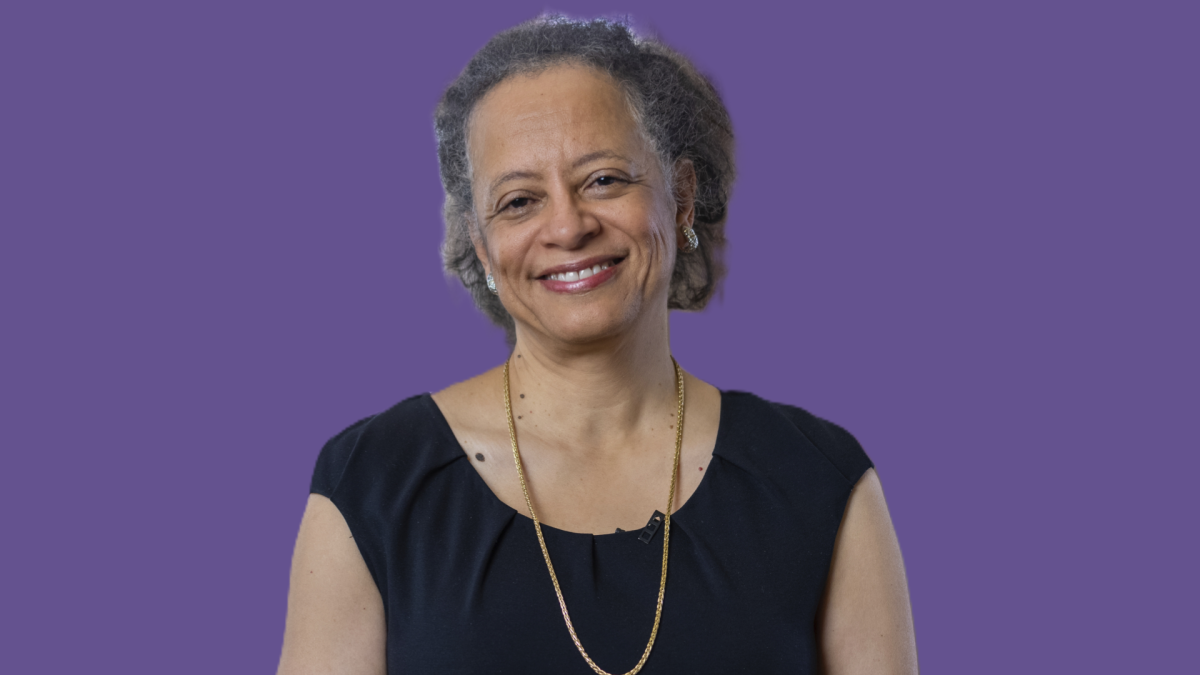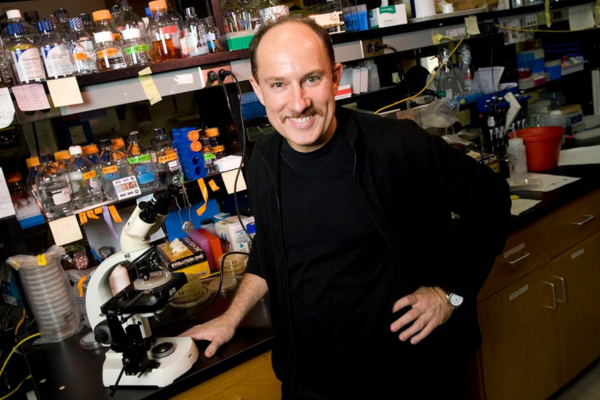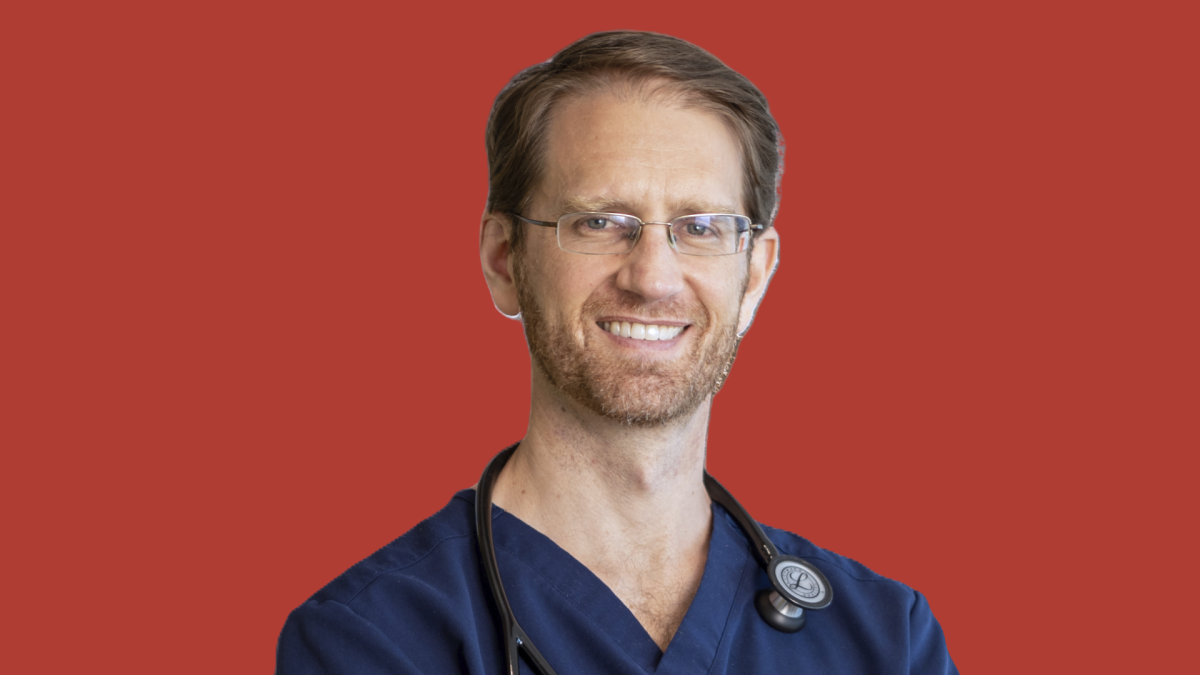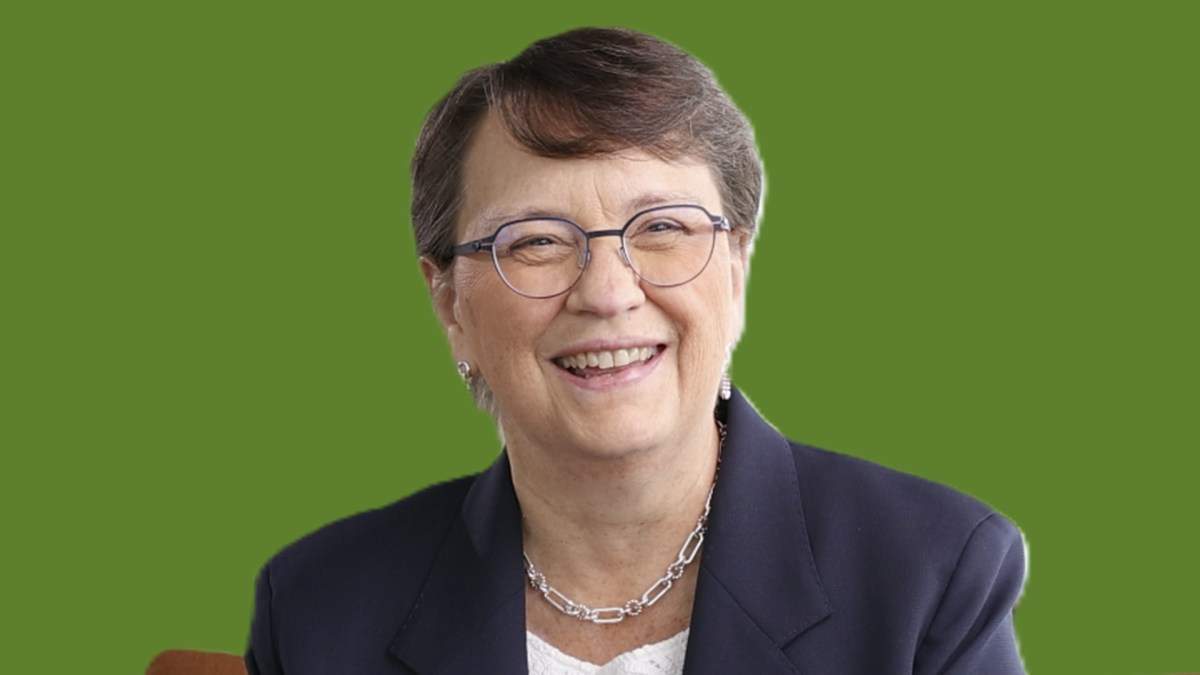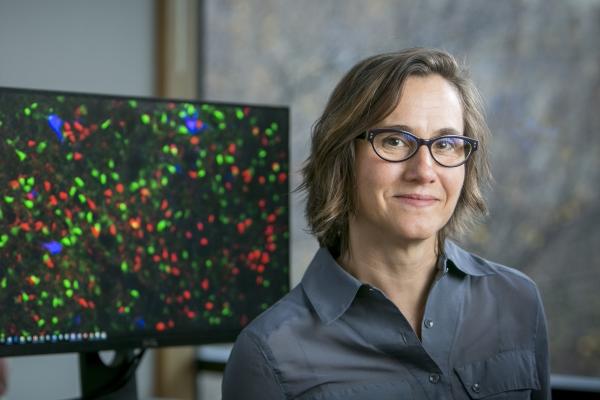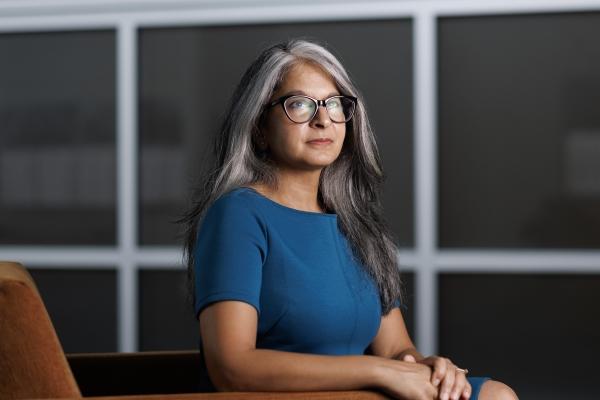2025 Distinguished Service Award: Steven M. Scott, MD, HS’74-'78
Steven M. Scott, MD, HS’74-78, has been named the recipient of the 2025 Distinguished Service Award by the Duke Medical Alumni Association in recognition of his selfless service, steadfast passion for Duke, and transformative contributions to education, college athletics and health care institutions.
2025 Distinguished Faculty Award: Pamela S. Douglas, MD
Pamela S. Douglas, MD, has been named a recipient of a 2025 Distinguished Faculty Award by the Duke Medical Alumni Association in recognition of her pioneering contributions to the field of cardiology.
2025 Distinguished Alumni Award: Lori J. Pierce, MD’85
Lori J. Pierce, MD’85, has been named the recipient of a Distinguished Alumni Award by the Duke Medical Alumni Association in recognition of her pioneering work in advancing breast cancer treatment and her leadership in education and training.
2025 Distinguished Faculty Award: Joseph Heitman, MD, PhD
Joseph Heitman, MD, PhD, has been named the recipient of a 2025 Distinguished Faculty Award by the Duke Medical Alumni Association in recognition of his significant contributions to biomedical science, education, clinical impact, and leadership.
2025 Distinguished Service Award: Cameron R. Wolfe, MD, HS’07-’08
Cameron R. Wolfe, MD, HS’07-’08, professor of medicine in the Division of Infectious Diseases at Duke University, has been named a recipient of a Duke Medical Alumni Association 2025 Distinguished Faculty Award in recognition of his sustained contributions to clinical care, research, education, and institutional leadership.
2025 Distinguished Alumni Award: Amy P. Murtha, MD, HS’92-’98
Amy P. Murtha, MD, HS’92-’98, has been honored with a 2025 Distinguished Alumni Award by the Duke Medical Alumni Association for her sustained commitment to improving maternal-fetal health and advancing academic medicine.
What Comes Next: The Future of Biomedical Science and Health Care
Technological advances such as artificial intelligence, big data, and gene editing have dramatically accelerated the pace of biomedical research and health care. It can be hard to predict what new developments will arise next week, much less in the next 10, 50, or 100 years.
What Comes Next: Neuroscience
Nicole Calakos, MD, PhD, is the Lincoln Financial Group Distinguished Professor of Neurobiology and specializes in synaptic physiology research and Parkinson’s disease and other movement disorders. She highlights the transformative impact of big data, AI, and cell modeling on neuroscience research, emphasizing the potential for advances in regenerative therapies and neural prostheses.
What Comes Next: Medical Education
Dr. Aditee Narayan, a leader in medical education at Duke, spearheaded the Patient First curriculum, emphasizing modern, patient-centered care and interdisciplinary collaboration. She envisions future physicians as change agents, equipped with clinical skills and the ability to innovate and address health care disparities.
What Comes Next: Vaccines
Dr. Kevin Saunders, a leader at the Duke Human Vaccine Institute, highlights the advancements in vaccine research, emphasizing the use of computational design, AI, and mRNA technology. Duke is at the forefront with significant progress in HIV, coronavirus, and cancer vaccines, and is developing pan-coronavirus and pan-influenza vaccines.
